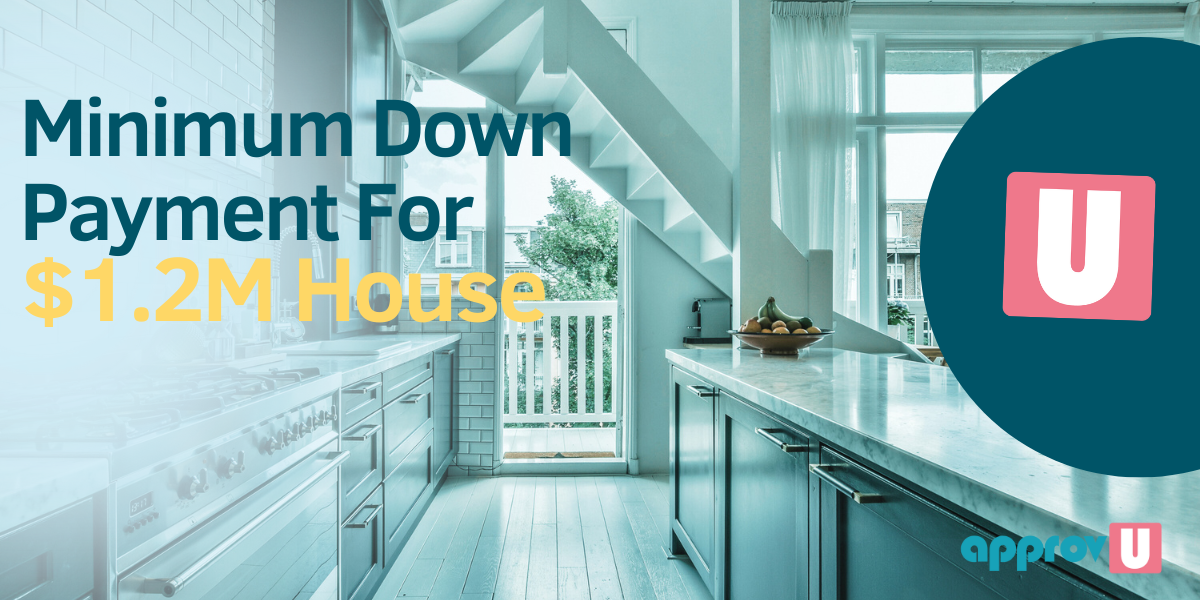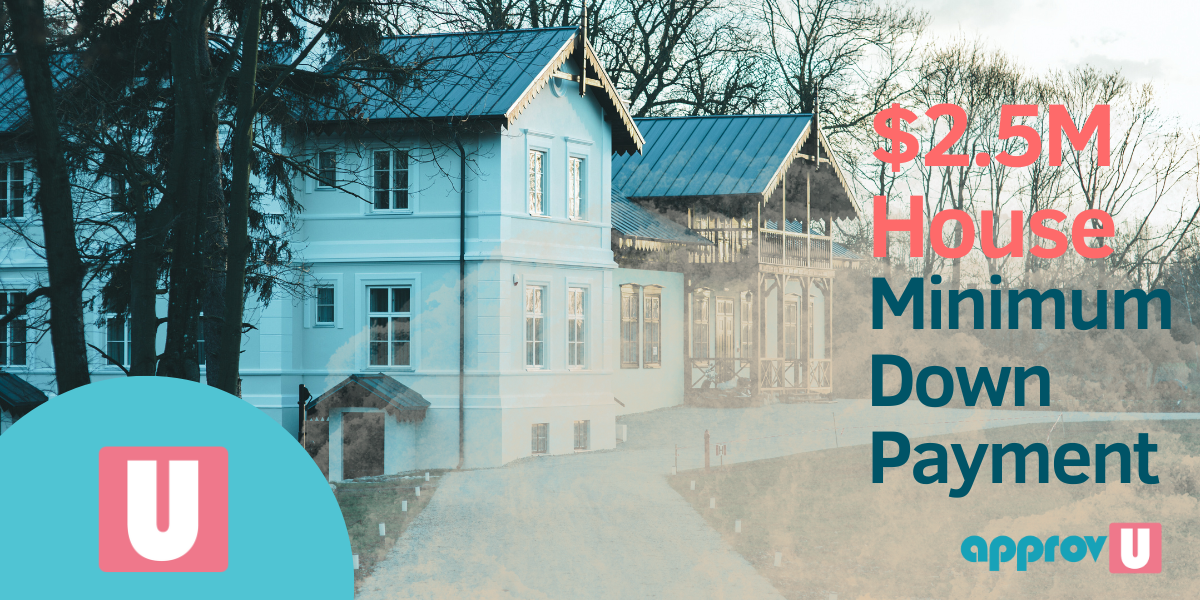Refinancing your mortgage can be a smart financial move, allowing you to lower your monthly payments, reduce the total interest you pay over the life of the loan, or even tap into your home equity for a major expense or investment.
However, to reap these benefits, you must avoid common mortgage refinancing mistakes that sabotage your efforts.
From failing to shop for the best rates to overlooking hidden fees or refinancing too often, these missteps can cost you thousands of dollars and delay your path to financial freedom.
This guide will give you an overview of the most serious mortgage refinancing mistakes to avoid, so you can make an informed decision and secure the best mortgage product for your needs.
The 9 Costly Mortgage Refinance Mistakes You Must Avoid
Not Thinking Through Why to Refinance
Refinancing your mortgage can be a great financial decision providing several benefits, such as lowering your interest rate, cashing out on your equity, or consolidating your debts.
However, it’s important to consider why you want to refinance and whether it’s the right decision. While it can be advantageous, there are times when it may not be the best option.
By considering your reasons for refinancing, you can ensure that you achieve your desired outcome and be better prepared to deal with potential problems.
Not Shopping Beyond Your Bank
One mistake to avoid when refinancing your mortgage is limiting yourself to your current bank.
Exploring other options for your mortgage, such as credit unions, trust companies, and monoline banks, is important.
Most of these other lenders offer competitive rates and favourable terms that match or surpass those of major banks.
These less-known lenders often provide lower rates and more flexible repayment options that can save you money in the long run.
You can use approvU to shop and compare mortgages from a wide range of lenders without stepping outside your house or wasting time on the phone with brokers and specialists.
See the top Mortgage Lenders in Canada
Timing is Crucial When Refinancing Your Mortgage
Timing is also crucial in mortgage refinancing.
The market and economy are subject to change, as are your personal circumstances, such as income, employment, credit, and lifestyle.
All of these factors must align favourably for a positive refinancing experience.
It’s essential to consider that refinancing may not always be the right choice if interest rates, housing supply and demand, and government policies are not in your favour.
Furthermore, your credit score and income may not meet the market’s requirements for the best mortgage deals.
Waiting for the right market conditions can increase your chances of getting quicker approval at a more reasonable mortgage rate.
Therefore, being patient and strategic when refinancing your mortgage is important.
Overestimating Your Property Value
emotions can cloud your judgment on the actual value of your home.
Sometimes, people overestimate the market value of their home because they’re emotionally attached to it.
Knowing the accurate market value of your property is significant for planning your mortgage refinance.
You want to ensure your house has enough value to be worth the refinance.
Nothing is more disheartening than investing time and resources into the process only to discover that the appraised value is lower than expected.
This can be frustrating for everyone involved, including yourself, your lawyer, broker, and lender.
To estimate the property’s value, you can look at the asking prices of similar homes in your neighbourhood on Realtor.ca.
This is a simple way to get an idea of what your home is worth, and it can help you avoid potential issues that could interfere with the mortgage refinancing process.
Don’t Be a Mortgage Liar
You should always be honest and transparent when applying for a mortgage loan.
Artificially increasing your income and underestimating your expenses is not advisable. It can be considered mortgage fraud.
As tempting as it may be to exaggerate your financial situation, it’s never worth it to be a “mortgage liar.”
Falsifying information on your application can lead to severe consequences in case of detection.
Therefore, being honest and upfront with potential lenders and mortgage consultants is best.
Not only is it highly likely that the application will be flagged if it’s not accurate or factual, but it can also lead to severe legal and financial consequences.
So, always be truthful in your mortgage application to avoid potential trouble.
Not Considering Mortgage Brokers
If you’re considering refinancing your mortgage, it’s worth looking into the services of a mortgage broker.
Recent headlines have shown why many homeowners use mortgage brokers, as they can save you time and effort in completing the application process.
Additionally, their knowledge, expertise, and industry contacts can likely provide you with better deals than you could find on your own.
Don’t hesitate to seek out professional help to make the most out of your refinancing opportunities. With their assistance, you may be surprised at how much easier the entire process can be.
Not Considering Mortgage Refinance Costs:
To determine if mortgage refinancing is worth it, it’s crucial to consider associated costs such as appraisal, lawyer, title search, lender, and possible brokerage fees.
These costs typically range from 2% to 4% of the loan amount.
Evaluating these expenses during the planning phase can help prevent unexpected fees or additional expenditures that could delay or even stop your mortgage transaction.
Therefore, it’s essential to factor in all costs and weigh the long-term benefits against the short-term costs before deciding to refinance.
Overlooking the Possibility of Things Going Wrong
Don’t overlook the possibility that things may not go as planned when refinancing your mortgage.
Instead, be proactive and create a contingency plan to prepare for unexpected setbacks. This can ultimately save you time, money, and stress.
For example, there could be a sudden drop in your property value or credit score.
While preparing a contingency plan may require additional effort, it can save you time and money in the long run.
By anticipating potential problems and having a backup plan, you can better handle any challenges during refinancing.
Your Existing Mortgage Payment is Not Up to Date
Before exploring refinancing options, it’s crucial to ensure that your existing mortgage payments are up to date.
This will help you qualify for better deals and rates and ensure a smoother refinancing.
On the other hand, failing to pay your mortgage as agreed can make it challenging to find a suitable lender to refinance it.
Also, poor mortgage history can disqualify you from getting a favourable deal or better rate.
To avoid any issues, it’s best to settle any overdue payments with your current lender before seeking mortgage refinancing.
This way, you can ensure that you qualify for better rates and more favourable terms.
Conclusion
Again, mortgage refinancing can be a great option for homeowners who want to save money, cash out on their equity, or consolidate their debts.
However, it’s crucial to understand that refinancing comes with risks and potential pitfalls that can derail your efforts.
To make the most out of your refinancing experience, avoiding the common mistakes and pitfalls outlined above is essential.
By being transparent, accurately assessing your property’s value, and carefully considering the costs involved, you can ensure that your refinancing is a wise financial decision.
Additionally, preparing a contingency plan in case of unexpected setbacks is important as ensuring that your existing mortgage payments are up to date before exploring refinancing options.
In summary, while mortgage refinancing offers several benefits, it’s essential to approach the process with caution and avoid common mistakes.
Doing so can maximize the advantages of refinancing and enjoy a smoother, more successful experience.
















